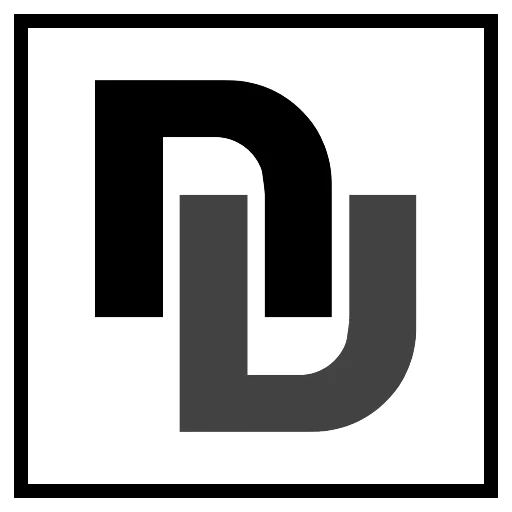BYD is considering switching its battery brand from “pouch” to “short Blade”.

A recent report indicates that BYD is planning to halt the production of pouch-type batteries for its plug-in hybrid vehicles (PHEVs) due to concerns about durability and potential leaks. The company is in the process of converting its battery cell production lines at two factories to manufacture prismatic batteries, while still producing pouch cells at a third plant to minimize disruption to hybrid vehicle production. However, BYD aims to fully transition to prismatic batteries and discontinue the use of pouch batteries by early 2025. Despite no reported battery leaks, both BYD and industry experts believe that pouch batteries pose a higher risk of electrolyte leakage. It’s worth noting that pouch batteries are commonly used in consumer electronics, while cylindrical and prismatic batteries are the primary types used in electric vehicles (EVs). BYD intends to replace the pouch batteries in its PHEVs with a prismatic battery variant known as the “Short Blade.” This battery shares a similar structure to the Blade Battery used in BYD’s BEVs, but it is shorter in length.

The BYD Blade pack design represents a groundbreaking approach to cell-to-pack design, encompassing a wide range of benefits. One of the challenges in achieving this design is eliminating the need for a module and the associated overhead. However, the use of LFP cells makes this task somewhat easier, breathing new life into LFP chemistry. In terms of energy density at the pack level, the Tesla with CATL’s LFP cells achieves 126Wh/kg, whereas the Blade pack achieves an impressive 150Wh/kg. While this is a significant improvement, it still falls short of the Tesla Model 3 with its 82kWh battery pack, which utilizes NCA chemistry and achieves an impressive 171Wh/kg.
BYD introduced the Blade Battery in March 2020, which is based on lithium iron phosphate chemistry (LFP). Unlike other companies, BYD internally produces the majority of its batteries and uses them in their own vehicles. All of their current BEV models are equipped with Blade Batteries. BYD holds the distinction of being China’s largest manufacturer of new energy vehicles (NEVs), with a record-breaking 341,043 NEVs sold in December alone. In 2023, they successfully achieved their target of selling 3 million NEVs, totaling 3,024,417 units and representing a remarkable 62.3 percent increase compared to the previous year. Additionally, BYD ranks as the second-largest power battery maker globally, capturing a 15.7 percent market share from January to November, trailing behind CATL’s 37.4 percent, as reported by South Korean market researcher SNE Research. In China’s power battery market, BYD holds the second position.

